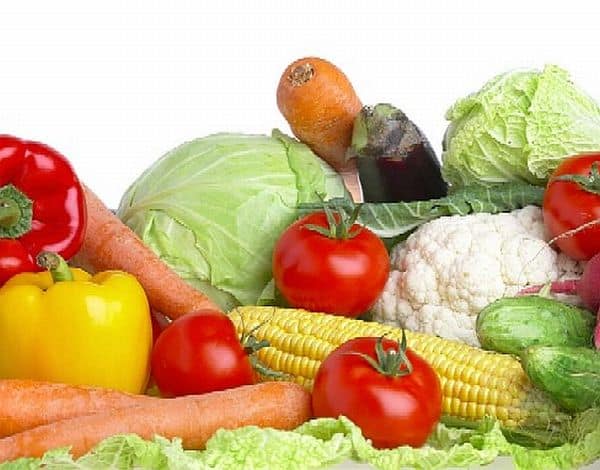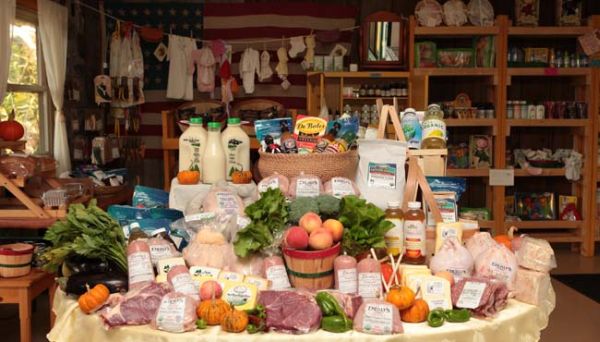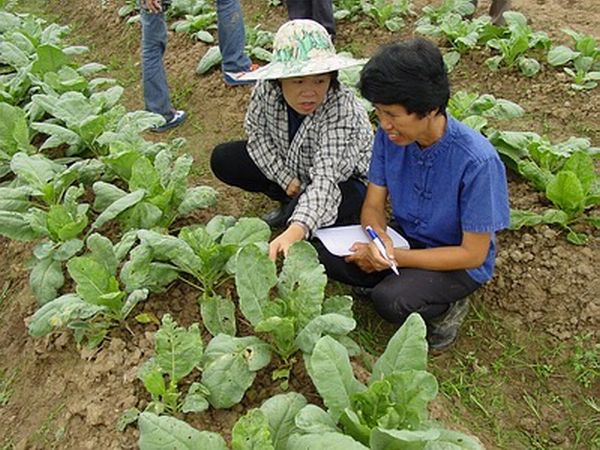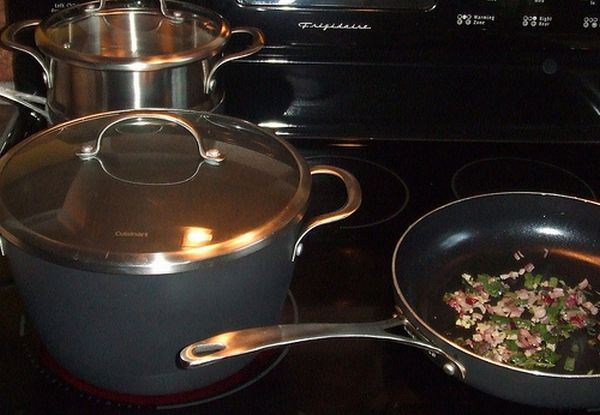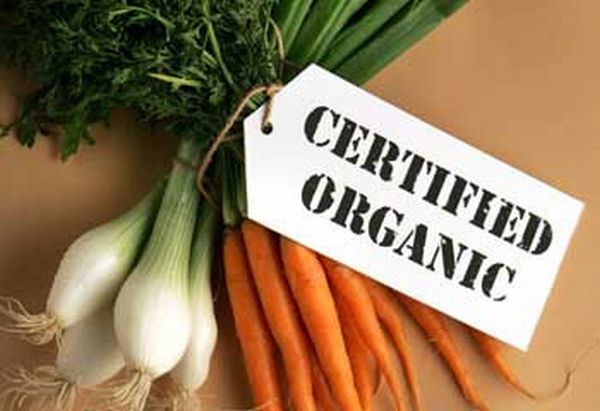The food we consume has an impact on our economy and, as known to all, on our environment as well. An increasing concern in today’s scenario is the effect of our lifestyle on the global environment. We are all quite aware of the serious issues rising from our current food growing system and diet. However, speaking precisely, they make a huge contribution to the causes of serious health problems, as well as, in terms of climate change. Industrial agriculture has a mounting negative effect on the health of human beings. Industrial farming leads to enormous harm to the environment. It degrades the quality of plant and animal life, and endangers the health of those who live nearby. Food produced through these processes might also contain pesticides, harmful bacteria, artificial hormones and antibiotic residue. All of these are harmful to the people who eat this food. In order to protect their health and the environment, consumers must make a clear choice and switch to a sustainable diet.
1. Support locally grown food
The first step towards a sustainable diet is to switch to sustainable forms of agriculture which help lessen the effects of environmental pollution. By opting for locally grown food you will also be supporting your local economy. You can cut down on the usage of fuel (consumed in going to big box stores) and other resources as well.
2. Go organic
You should opt for plants that are grown organically, and have not been exposed to pesticides and artificial fertilizers. Make sure you choose organically produced animal products which have not been processed from animals that have been given antibiotics or raised with growth hormones.
3. Eat the whole vegetable
Eat the stems of Swiss chard or broccoli instead of tossing them out. The greens attached to the beets are also edible and extremely nutritious. You can simply add them to any dish you’re cooking.
4. Grow your own food
You can use your free time and land to grow your own food. Even if you don’t have enough space, you can still grow a few tomatoes or some green vegetables in your garden or in pots on your balcony. You can even grow your own herbs and make a small herb garden. Raise some chickens for fresh poultry and eggs.
5. Be selective about meat
If you are a meat eater, then try to limit yourself your meat consumption, and make sure you pick antibiotic and additive free meats. Opt for seasonal and domestic meats. While purchasing fish, be sure you make sustainable choices. Farm raised plant eating species like tilapia, trout, or catfish are raised in farm ponds, and can be called the most sustainable choices.
6. Befriend a farmer
Farmers put in a lot of hard work to produce good and healthy food. Befriend a farmer and learn the techniques of farming. This can help you when you start growing your own food. Visit the nearby farmer’s market and opt for the seasonal vegetables and fruits.
7. Is your cookware toxic?
The cookware you use may contain toxins which promote cancer. Cooking in these utensils would further unleash chemicals that are extremely harmful to your health. Switch to ceramic cookware, cast iron or stainless steel utensils as they are more durable and safer options.
8. Become an efficient baker
Cut down on your oven usage as this equipment consumes a huge amount of energy. Switch to recipes which require a minimal use of the oven. You will see a huge difference in your utility bill as well. You can make some casserole or lasagna or maybe toss some sweet potatoes with some bread. All these dishes require little use of the oven. Although baking fresh bread at home remains the best option, to really cut down your oven usage, purchase your bread from some local bakery. The latter at least helps eliminate excess packaging.
9. Read labels carefully
Be very careful while purchasing foodstuff. You might come across labels which read 100 percent organic, but do not specify how healthy and natural they actually are. Do not get carried away by such tags. What you should do is read carefully the claims printed on the food packaging. You may find some specific certification or indication of some organization telling you how sustainable they actually are.
10. Filter your own water
You can save money and stay healthy by filtering and using your tap water. You might find plastic water bottles convenient to carry around but it takes a lot of resources to produce them. So, by using filtered tap water and reusing bottles you can do a lot for the environment as well.


